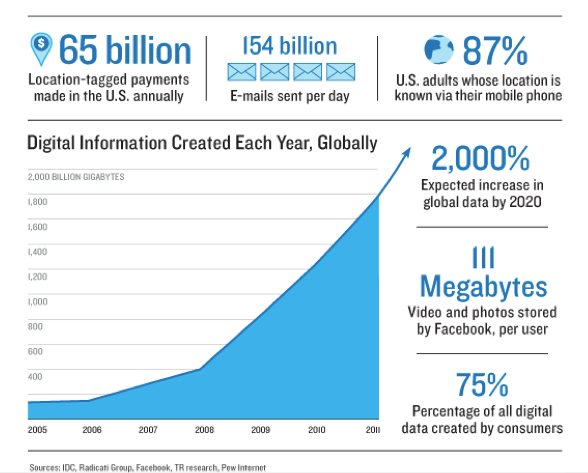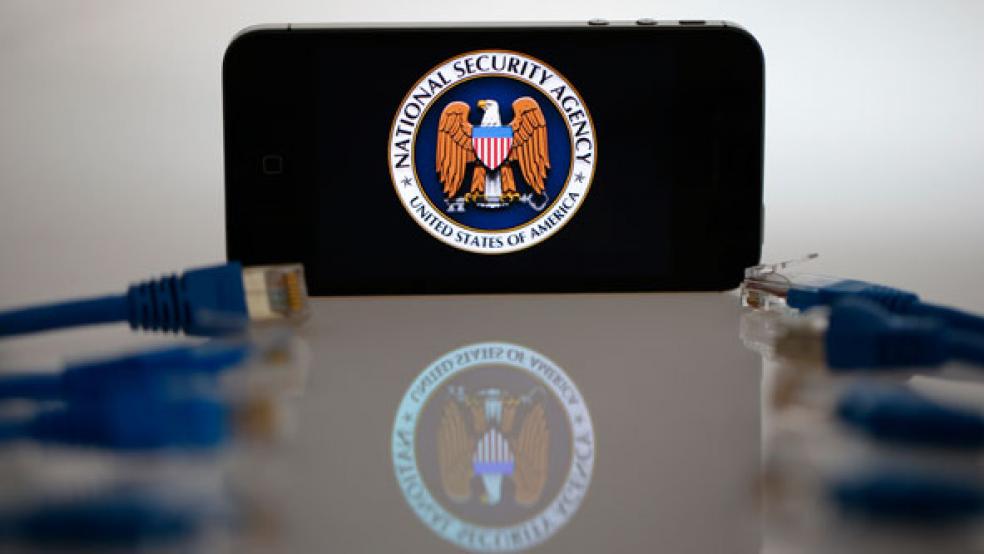Edward Snowden, the 29-year old Booz Allen Hamilton contractor who leaked secret NSA documents, has disappeared and according to reports, has checked out of his Hong Kong hotel.
He was advised not stay in Hong Kong because there is a strong extradition treaty between China and the United States. Snowden suggested over the weekend that he would apply for asylum in Iceland.
His disappearance is the latest in a series of twists in the controversy over the PRISM program and public surveillance in the United States, including the deep access the federal government has to personal information.
Civil libertarians have cried foul, saying the data mining violated personal privacy and the 4th Amendment’s protection against unlawful search. Lawmakers on both sides of the isle fired back, claiming that the surveillance programs were necessary to prevent terrorism and that revealing information about them gives an advantage to U.S. enemies.
“Right now, we know that there are active threats against the United States," Rep. Eric Cantor (R-Va.) said Sunday morning. "We have terrorist threats that continue. There are possible security incidences that continue. And that's just the world that we live in.”
Cantor said the House of Representatives would investigate Snowden’s actions. White House spokesperson Tim Carney declined to comment on Snowden Monday. He said President Obama "would welcome" a conversation about surveillance but not about the leaks that caused it.
There are still lingering questions about whether these revelations actually give terrorists and other countries a leg up against the United States. Here are five reasons that PRISM is no big deal, as well as two reasons why Americans need to be worried about what the government and its 5 million security-cleared workers could do.
1. Online surveillance has been effective and is an important tool in the fight against terrorism. Lawmakers have said that data mining stopped attacks in the United States and overseas. The programs also provide U.S. authorities with leads on potential and existing terrorists. One NSA official told the Washington Post that PRISM provided a “field of dots” which allowed authorities to connect the relevant ones.
But the best justification for the program has been what has not occurred. Since 9/11, there has only been one major terror attack on U.S. soil.
2. We’ve been under surveillance for more than a decade. The government has been monitoring online and telephone activity for more than a decade. During the Bush years, NSA was able to monitor phone calls without a warrant.
President Obama said he has put strict protocols in place that require judicial review and a warrant for all PRISM targets. He and other officials also said the government is not listening to your conversations or reading your email. It’s simply identifying phone numbers that could be connected to terrorists.
3. Private businesses are collecting data too. The government isn’t the only one in the data collection business. Private businesses are also are mining data. Check out the below chart from MIT’s Technology Review:

As the chart shows, businesses are quietly collecting data on consumers to better position advertising and to inform their business strategies. And much of the information is given to these companies willingly.
4. Any terrorist who doesn’t think they’re under constant surveillance is an amateur. Effective terrorists aren’t stupid; the 2001 terrorist attack proved that. The truly dangerous ones know they are under constant surveillance and take steps to avoid detection. Any would-be jihadist who uses their mobile phone to explicitly make plans to destroy America is probably not a danger (and is also probably headed to a secret prison).
5. We’re all complicit in this. Americans love to share data. We post photos and videos on social media without a second thought. Rarely do we think about what they’re letting the world know.
For instance, I can outright determine or logically deduce the following things about the most active people in my Facebook feed: where they live; where they work; roughly how much money they make; how many children they have; where their children go to school; what time they drop off and pick up these kids at school; where they vacation; where they spend social time; what and when they eat; what family and interpersonal issues they’re having; their politics; where they were educated; their television and reading habits; what music they listen to; and when they and the other members of their family were born.
All of this - and much, much more - can be determined with just a brief visit to Facebook. Why are people worried about the government invading their privacy when they’ve been volunteering private information online for years?
This is not to say that PRISM doesn’t raise concerns. Here are two reasons we should all be worrying about the surveillance capabilities the government now has.
1. Where does it stop? Snowden said the government has the ability to listen to phone calls and read emails of all Americans. All that was collected was data. There is no indication that the government has used data improperly. Yet.
“We have no assurance that the harvested information will not be misappropriated, like we see with Patriot Act laws being used against drug offenders, and government officials using the justification of 'national security' to monitor anti-war demonstrators, as well as the activity of Code Pink and Ron Paul supporters, and opponents of natural gas drilling," said Malou Innocent, a foreign policy analysts at the libertarian Cato Institute.
2. How many 29-year old high school dropouts have access to top-secret information? Snowden received his GED and did not complete college, yet he had access to some of the most classified information in the world. And he showed little hesitancy is leaking this information to the press, a betrayal he said he made because in the best interest of America.
According to a report in the Wall Street Journal, nearly five million people have security clearance. Some 1.4 million of those people have access to the country’s most sensitive information. Of those, one third are contractors.
Education levels of these workers are unknown, but it’s safe to say that most of them probably graduated from high school, if not college and graduate school as well. Still, Snowden showed that all it takes is one disgruntled employee to spill the country’s darkest secrets. There are a lot of potential leakers in a workforce of 1.4 million.





